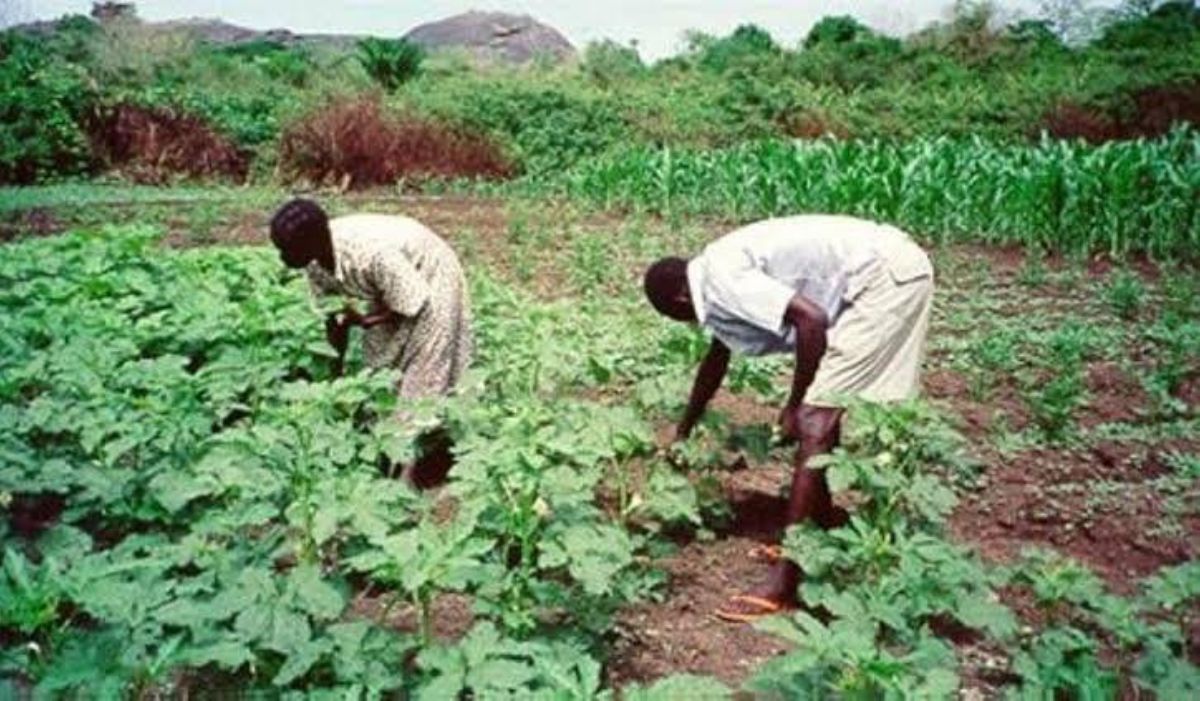FG to Launch Agricultural Policy Mechanism to Boost Food Production

The Federal Government has announced plans to launch the National Agribusiness Policy Mechanism (NAPM) as part of its broader strategy to boost agricultural productivity and stabilize food prices across the country.
Vice-President Kashim Shettima made this known on Friday during the Presidential Food Systems Coordinating Unit (PFSCU) Steering Committee meeting, held at the Presidential Villa in Abuja. He explained that the upcoming initiative will serve as a central framework, integrating agricultural strategies at the federal, state, and local levels, supported by real-time data analytics.
“The Green Imperative Project (GIP) is an idea whose time has come. It has been in the incubation period for several years, and now it is coming to fruition; we have to get it right. We have had many interventions in this country in the past. We must make this work, and it is the states that will drive the process,” he said.
The Vice-President also highlighted President Bola Tinubu’s recent approval of ₦15 billion for the National Emergency Management Agency (NEMA), intended to mitigate the impact of seasonal flooding as the rainy period approaches. “This is one of the first proactive decisions by the government to prepare for the flooding season,” he noted.
Providing further insight into the NAPM, Marion Moon, the President’s Technical Assistant on Agriculture and Executive Secretary of the PFSCU, said the policy was crafted to address the persistent challenge of food inflation and low agricultural productivity, which currently stands at 60 percent below global benchmarks.
She disclosed that a pilot survey for the mechanism has already been completed in 13 states, with plans in place to roll out the full programme by June 2025.
According to Moon, the new system will incorporate data analytics collaborations and a digital platform currently under development to improve policy effectiveness. It aims to resolve issues such as inefficient subsidy distribution, inflationary pressures on food, and outdated farming techniques.
“This will give the country a unified framework to optimise public spending and drive sustainable rural development,” she said.
Governor Umar Namadi of Jigawa State expressed strong support for the programme, describing it as a vital step toward enhancing national food security.
“The aim is to ensure that there is food security in the country. As of today, vital issues that will lead to food security in this country have been discussed. The Green Imperative Project, which is very important, by the time it comes on board, will certainly boost agriculture,” he said.




